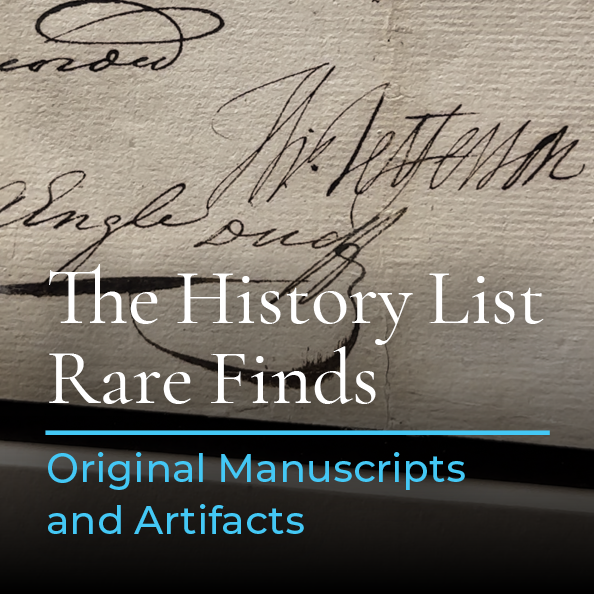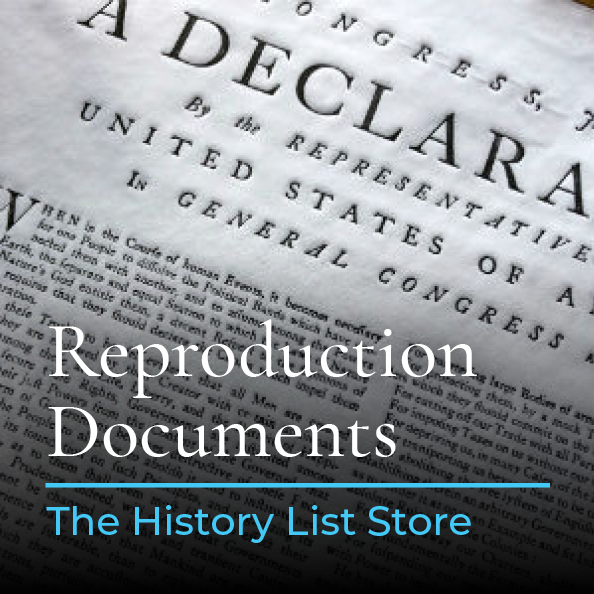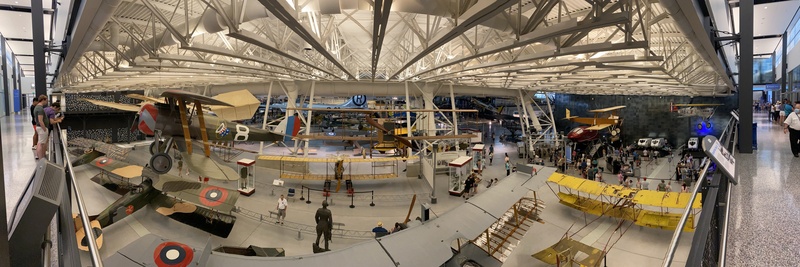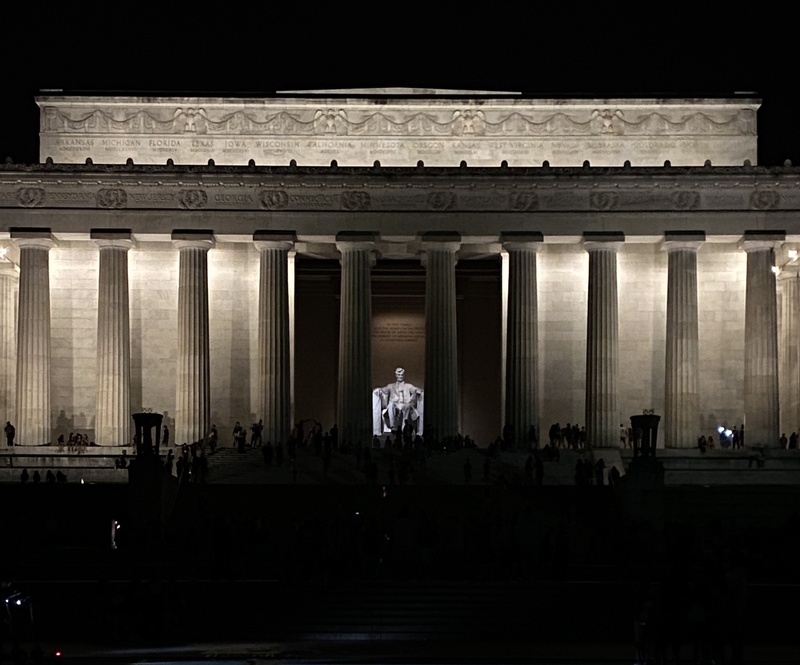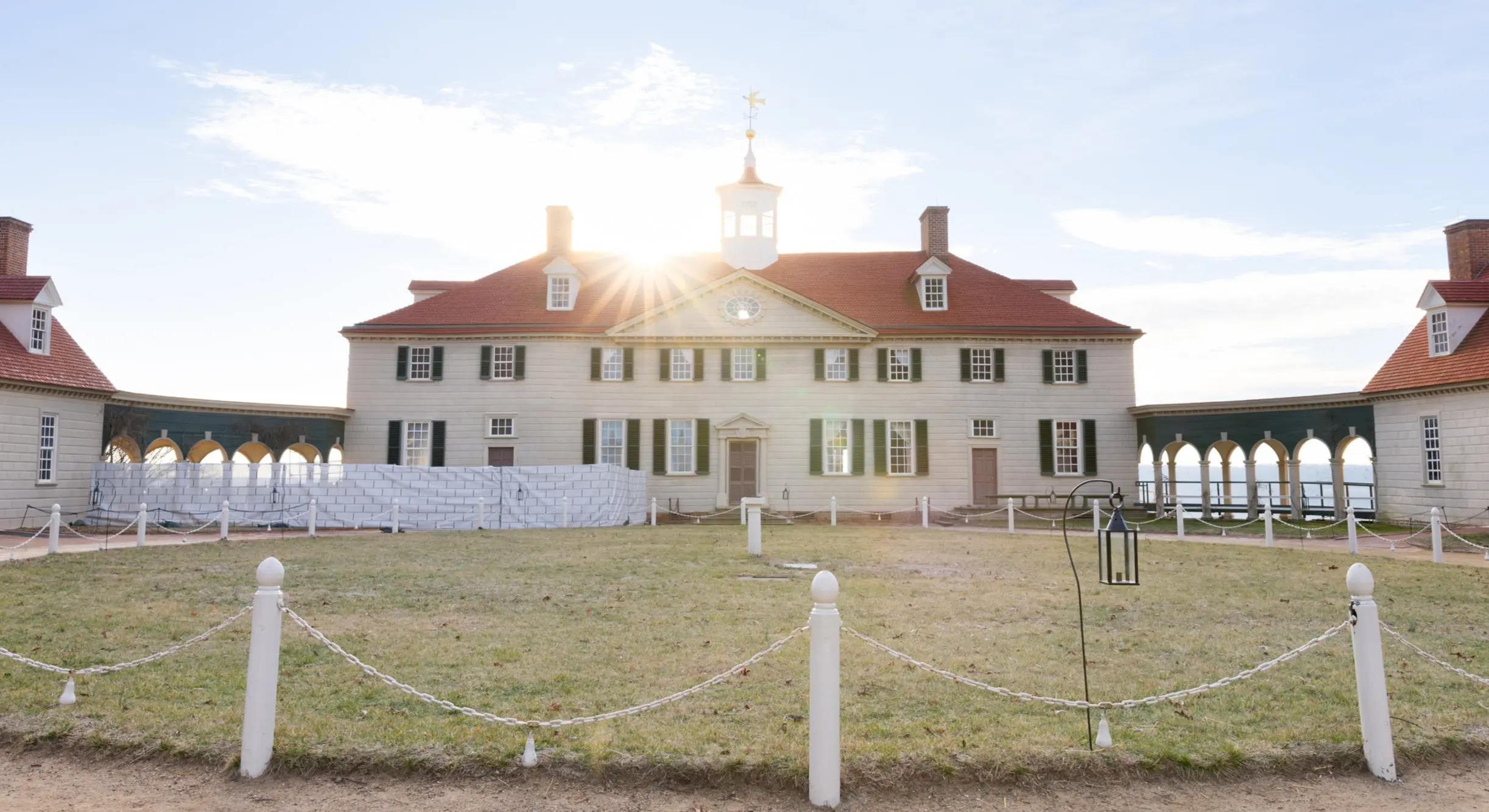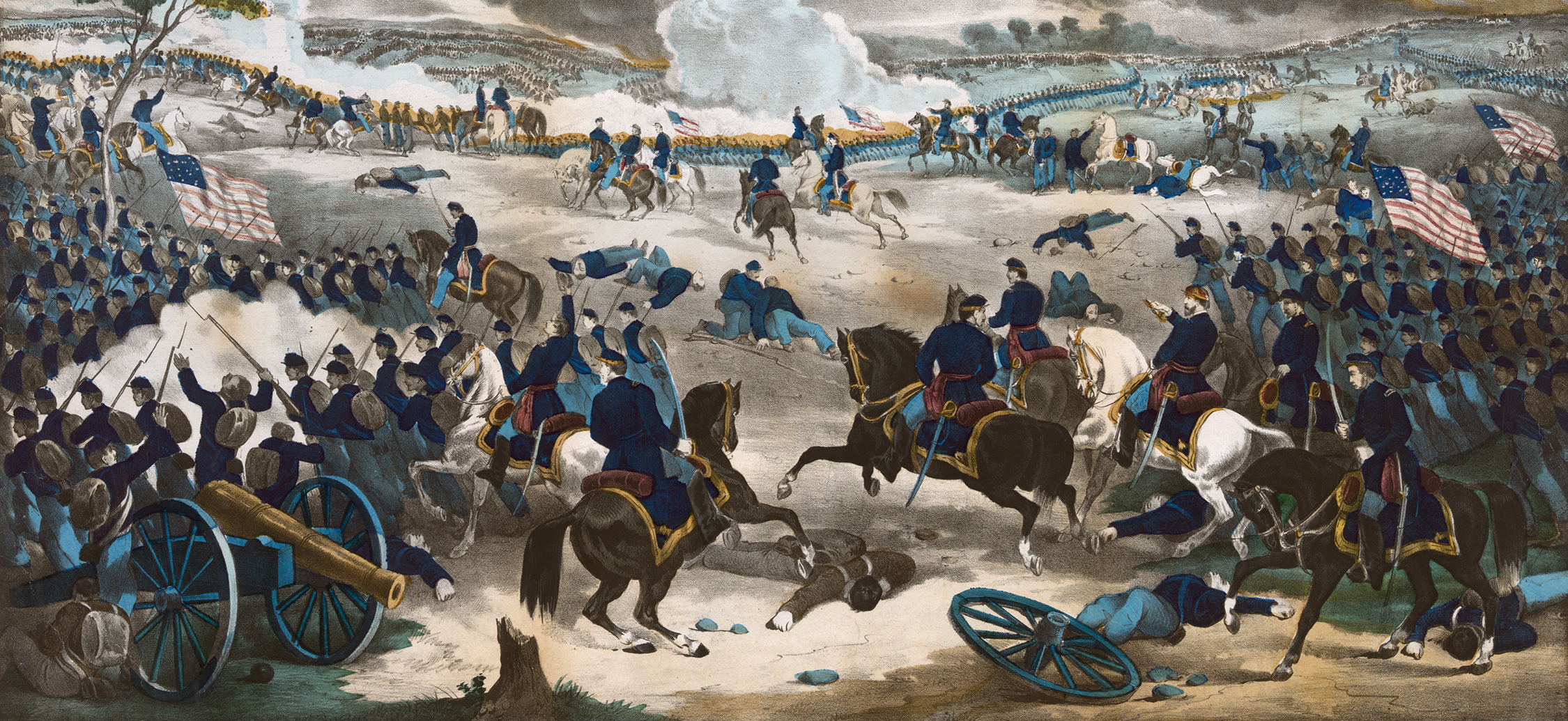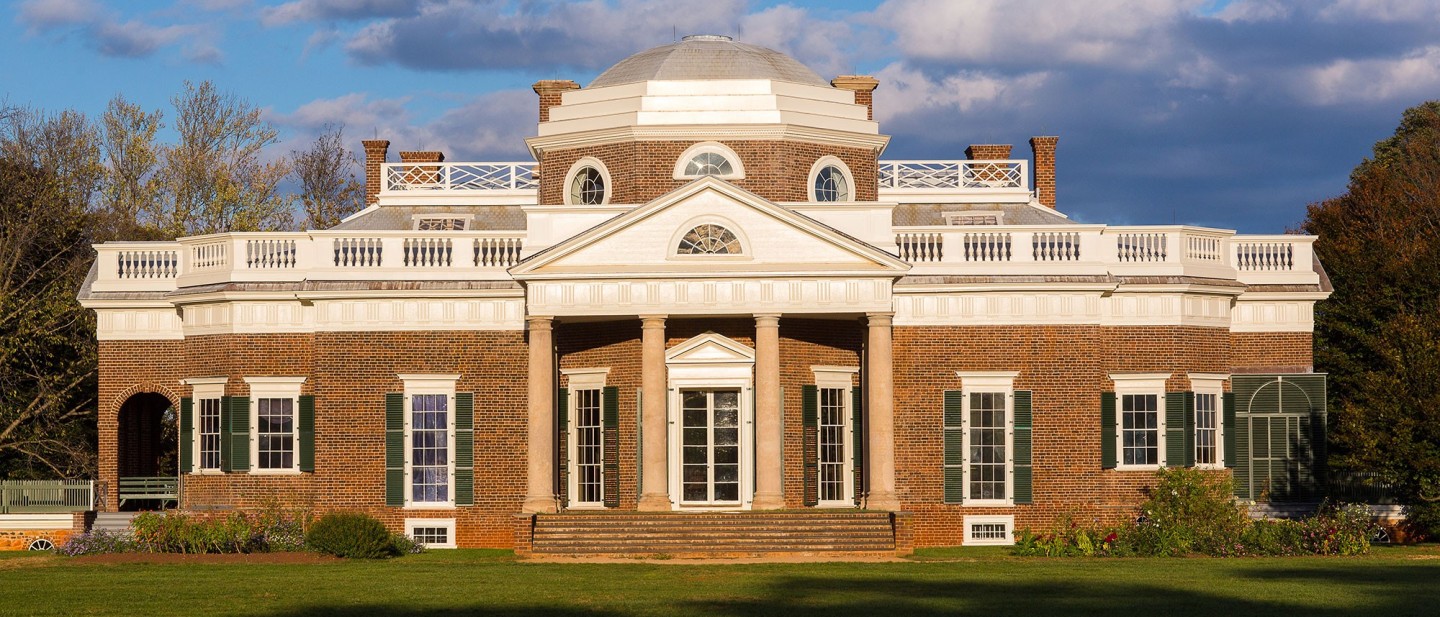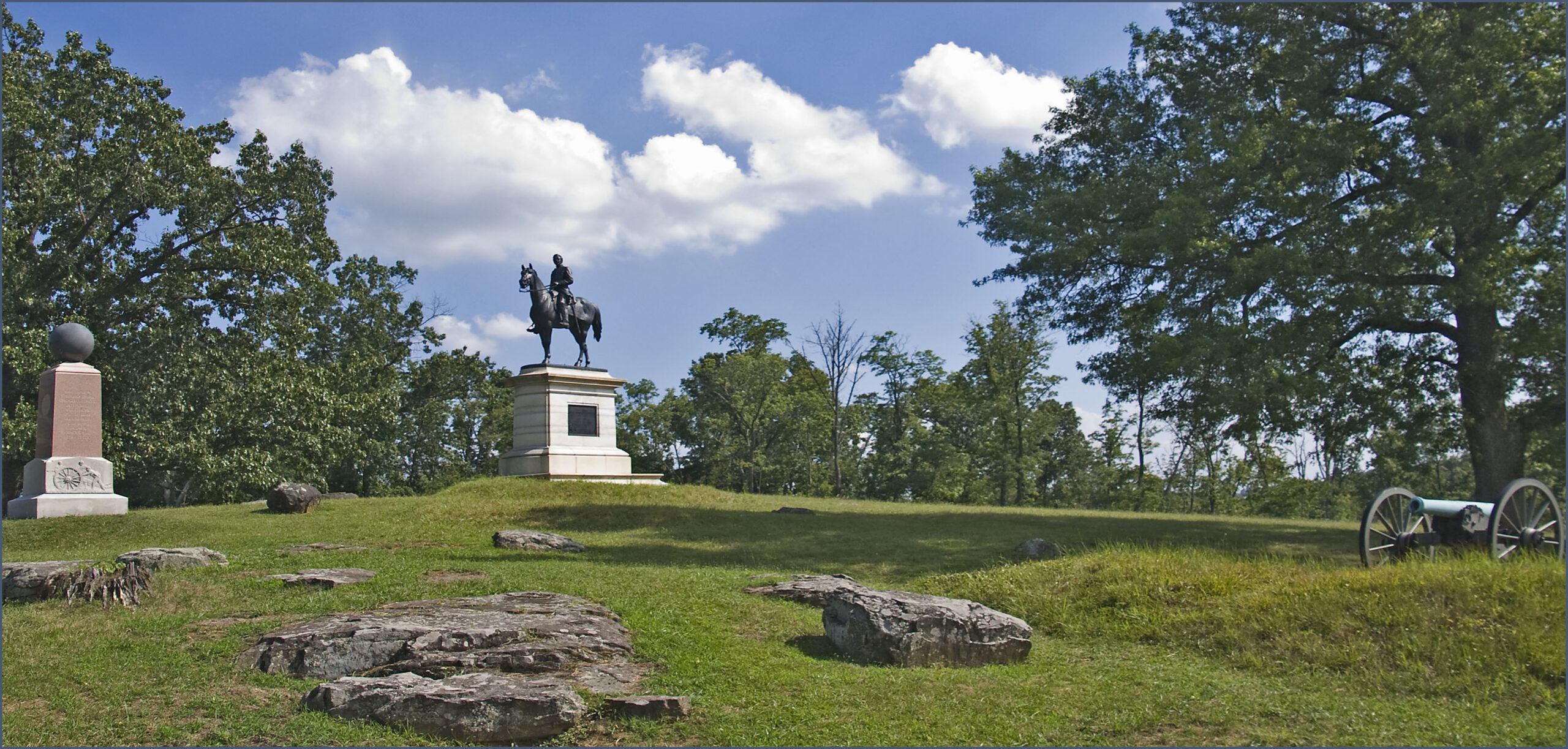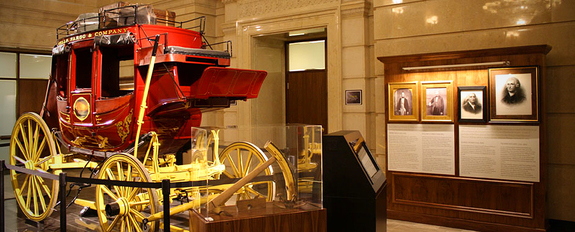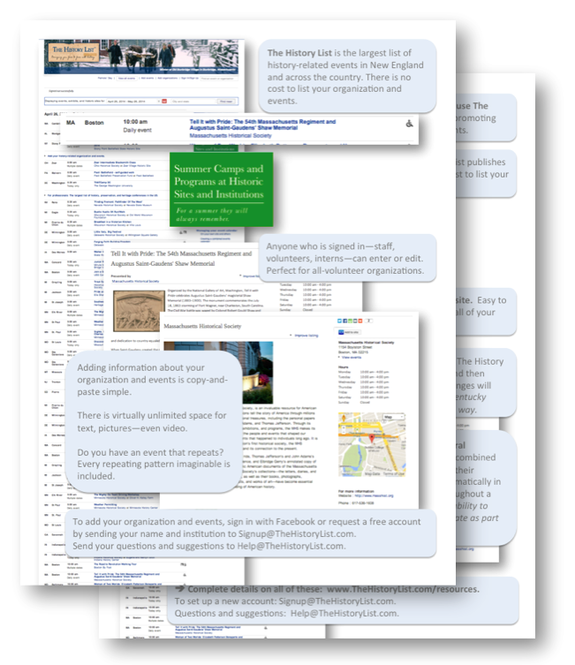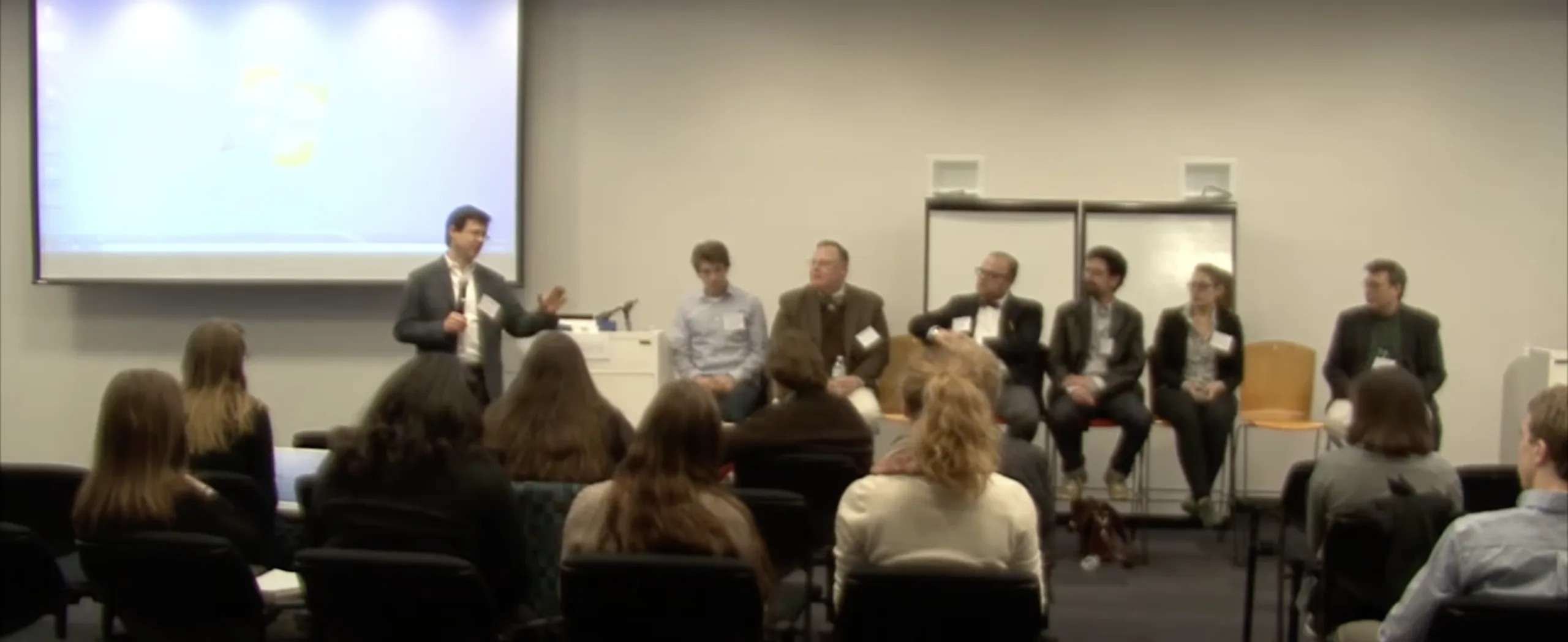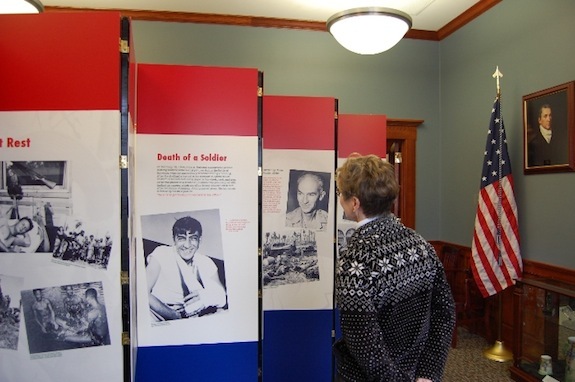Case study: Creating a regional network of historical societies for joint marketing
The fourth in an occasional series of case studies on the way in which history organizations are promoting their sites, exhibits, and events. This will also be presented during a panel on collaboration at the New England Museum Association’s 2013 conference.
Pioneer Valley History Network
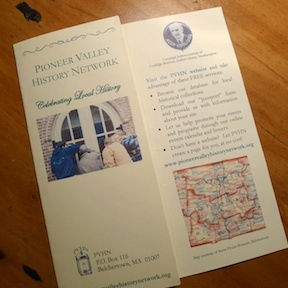
Description: A network of museums in Western Massachusetts that promote their events and raise awareness in history in their region.
Origin: The first meetings were held in 2006 and convened by the staff at Historic Deerfield. They helped nurture the group through its initial stages until the Network established its own identity, eventually stepping out from under the umbrella of Historic Deerfield. The staff at Historic Deerfield continues to be very helpful.
Objective: To promote and provide effective communication and collaboration among the historical societies, historic sites, and history museums of the Pioneer Valley, and to foster a public appreciation for, and awareness of, these repositories of history.
Activities: The organization e-mails notifications of history-related events throughout Hampden, Hampshire, and Franklin counties, has a site and blog, and holds workshops on topics of interest to the museum community.
Each year the organization selects a theme and encourages museums to create a display or exhibit, host a speaker, or have an event related to the theme. These are then promoted through the network. Some examples: Disasters in the Valley, Remarkable Women, and The Connecticut River & its Tributaries.
Operations: The organization is a 501(c)3 non-profit corporation run by a Board of Directors, which meets about monthly and selects officers annually. The formal legal structure was created primarily so the organization could apply for grants. This also created a corporate identity separate from Historic Deerfield.
Results: The organization has grown slowly and steadily, reaching out to both history organizations individuals interested in history. On the organization side, there are 43 sites listed on the site now. The events e-mail list has about 250 individuals.
There are no formal memberships for either organizations or individuals.
Lessons learned: According to Cliff McCarthy, one of the organizers of the Pioneer Valley History Network and an archivist at the Museum of Springfield History:
Just do it. Don’t worry about all reasons you “can’t:” No money, no time, no help, and all the others. Find a way. If you have a good idea that meets a need, people will step up. You can do amazing things with volunteers.
For more information: pioneervalleyhistorynetwork@gmail.com.
Case study date: November 2, 2013
To suggest or submit a case study, contact us. Or use this outline to submit a case study.

